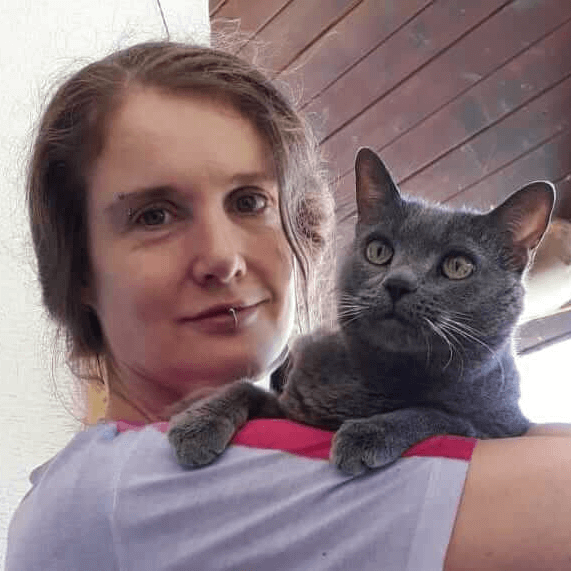Will distance-based PhDs replace the on-campus experience?
Kris Hill attempts to convince you that inclusion of distance-based post-graduate researchers (PGRs) benefits everyone, including those who are campus-based. Kris explains why inclusion of your distance-based peers is so important to the entire research community and how it is not a threat to the campus experience.



